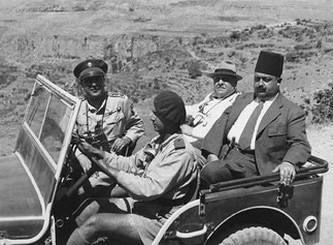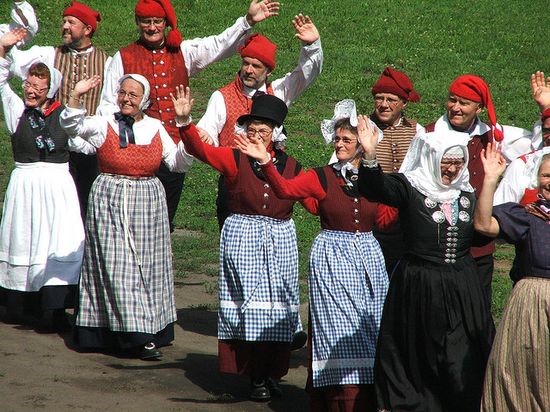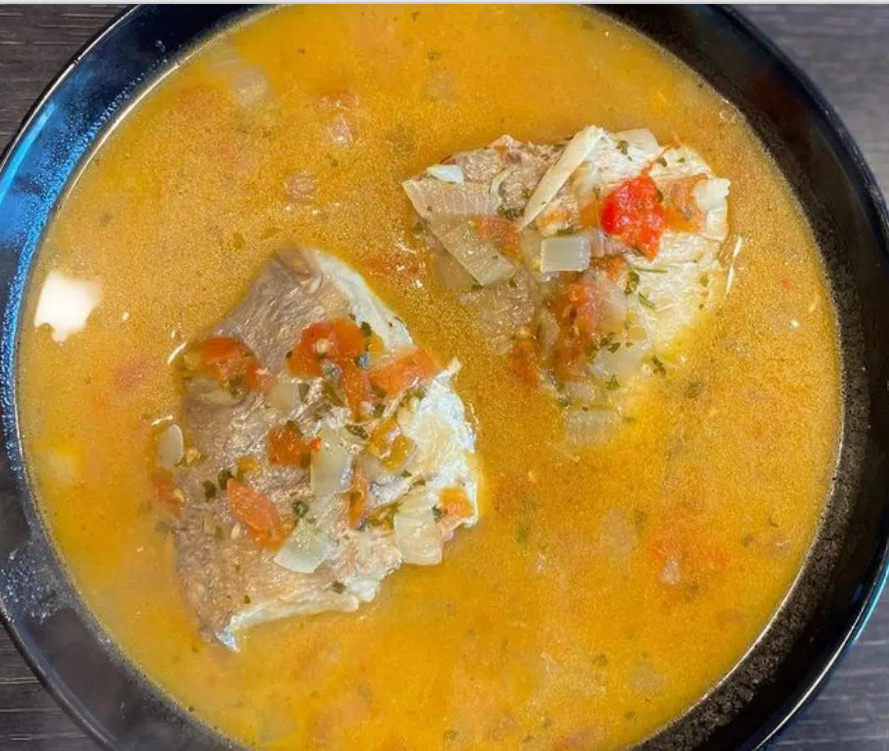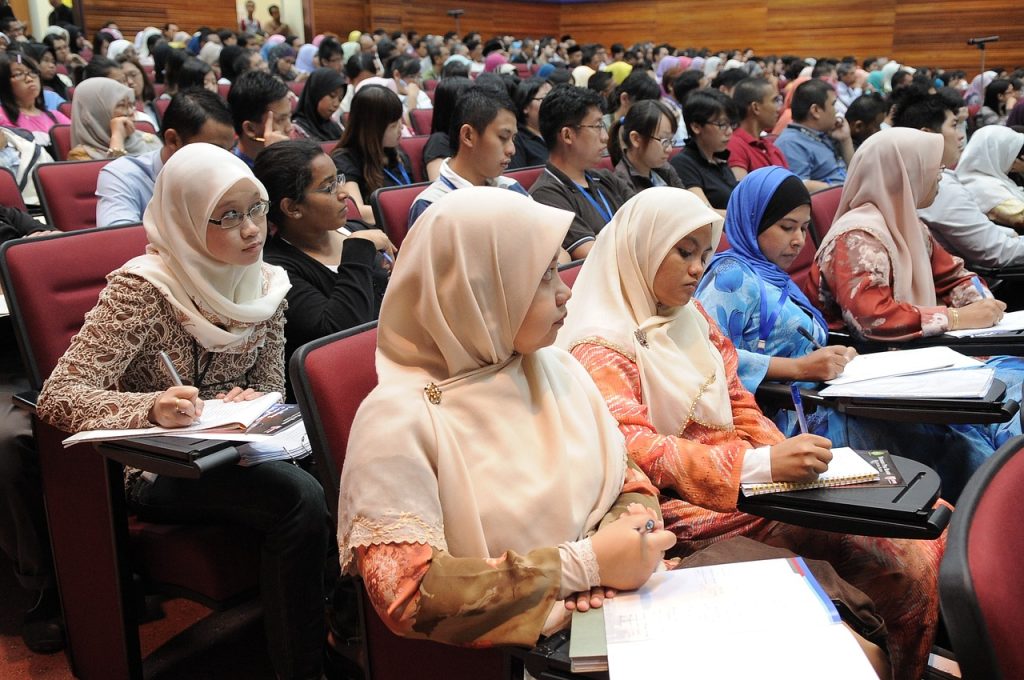History of Somalia
Somalia is a country located in the Horn of Africa with a rich history that dates back to ancient times. The country has been inhabited by various ethnic groups, including the Cushitic and Somali people, who are believed to have migrated to the area from the Red Sea region. According to Osman, the early history of Somalia is largely not documented, but it is believed that the region was an important center of trade and commerce, connecting the African continent to the Arabian Peninsula and the Indian Ocean (Osman, 2016).
The region that is now Somalia was ruled by various empires and kingdoms, including the Sultanate of Adal, which was established in the 15th century. The Sultanate of Adal was a Muslim state that dominated the Horn of Africa and was known for its military strength and trade relations with neighboring countries. The empire was eventually defeated by the Ethiopian Empire in the 16th century, leading to the decline of Muslim influence in the Horn of Africa (Osman, 2016).
During the colonial era, Somalia was divided into different territories controlled by various European powers, including the British, Italians, and French. The British controlled the northern part of Somalia, which became known as British Somaliland, while the Italians controlled the southern part of the country, which became known as Italian Somaliland. The French controlled the area that is now Djibouti, which was later incorporated into the country of Djibouti (Abdi, 2011).
In 1960, Somalia gained its independence from British and Italian colonial powers and became a unified nation. The country was ruled by a socialist government led by President Siad Barre, who came to power in 1969 through a military coup. Under Barre’s regime, the country experienced economic growth and social progress, but his authoritarian rule and suppression of political opposition led to civil unrest and eventually a civil war in the late 1980s (Abdi, 2011).
The civil war in Somalia lasted for over two decades and resulted in the collapse of the state and the emergence of various armed groups, including the Islamic militant group Al-Shabaab. The country has since been struggling to rebuild its infrastructure and establish a stable government. In recent years, Somalia has made some progress in stabilizing the country, with the help of the international community, but it still faces significant challenges, including political instability, poverty, and insecurity (BBC News, 2021).




